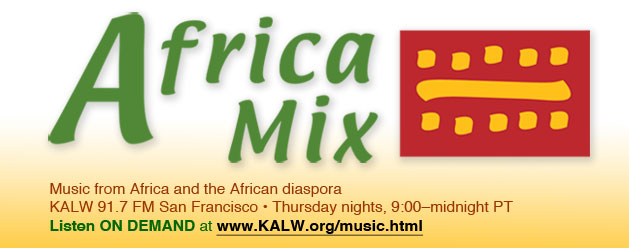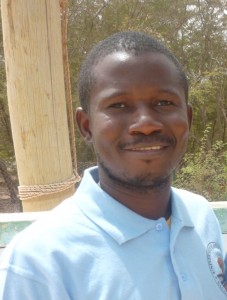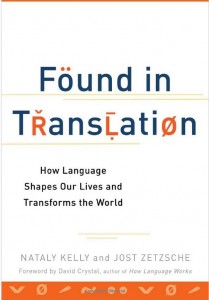 It’s been a couple of months since we posted our last project update. One reason is that committee members Matt and Michelle (who are married, to one another no less) became new parents on August. We are happy to welcome the youngest Dokotoro supporter, Gabriel Zi-Leong Heberger. 😛
It’s been a couple of months since we posted our last project update. One reason is that committee members Matt and Michelle (who are married, to one another no less) became new parents on August. We are happy to welcome the youngest Dokotoro supporter, Gabriel Zi-Leong Heberger. 😛
Translation Progress
Despite the lack of news, things have been happening behind the scenes, and our Bamako-based translation team has been hard at work. They are currently working on two chapters:
Chapitre 2: Maladies qui sont souvent confondues (2,949 words)
Chapitre 8: Comment mesurer et donner les médicaments (1,256 words)
We have added an additional member to our translation team: Issiaka Ballo is a linguist based in Bamako, and holds a Masters Degree from the University Gaston Berger in Saint Louis, Senegal. He is an experienced interpreter and translator, and was highly recommended by our contact at Medicine for Mali. So far, he has done a very good job reviewing the source text, consulting with doctors, and providing detailed feedback on changes needed to adapt it for Mali. So we agreed to hire him as the “medical editor.” After some discussion and negotiation with him and Salifou Bengaly, the head of our current 4-member translation team, we agreed to add him to the team.
Continue reading →
 As of November 8, we had raised $9,320 online via First Giving. As long as the total on the page is under $11,255, your gift will be doubled!
As of November 8, we had raised $9,320 online via First Giving. As long as the total on the page is under $11,255, your gift will be doubled!



